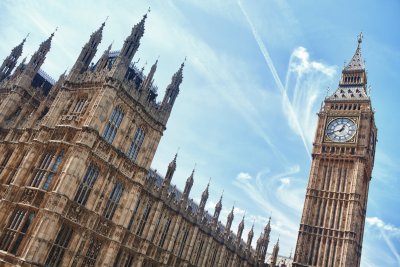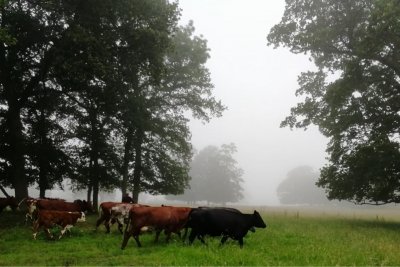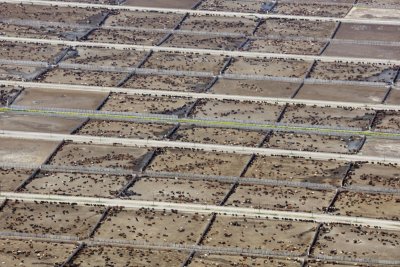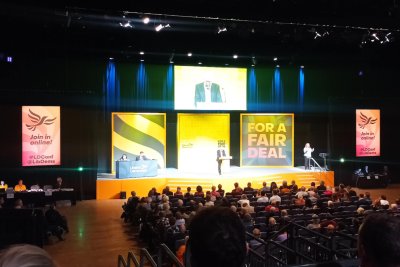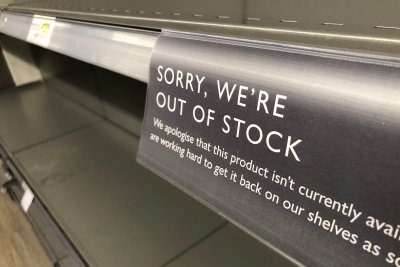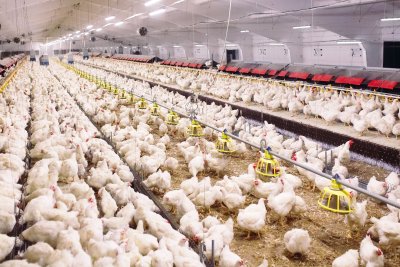News • Good Food Trade Campaign
UK agrees to eliminate tariffs on meat to strike a trade deal with Australia
The Prime Minister has claimed a new UK/Australia trade deal, which will eliminate tariffs on meat imports will “benefit British farmers”. However, no detail to back this claim has been released today.
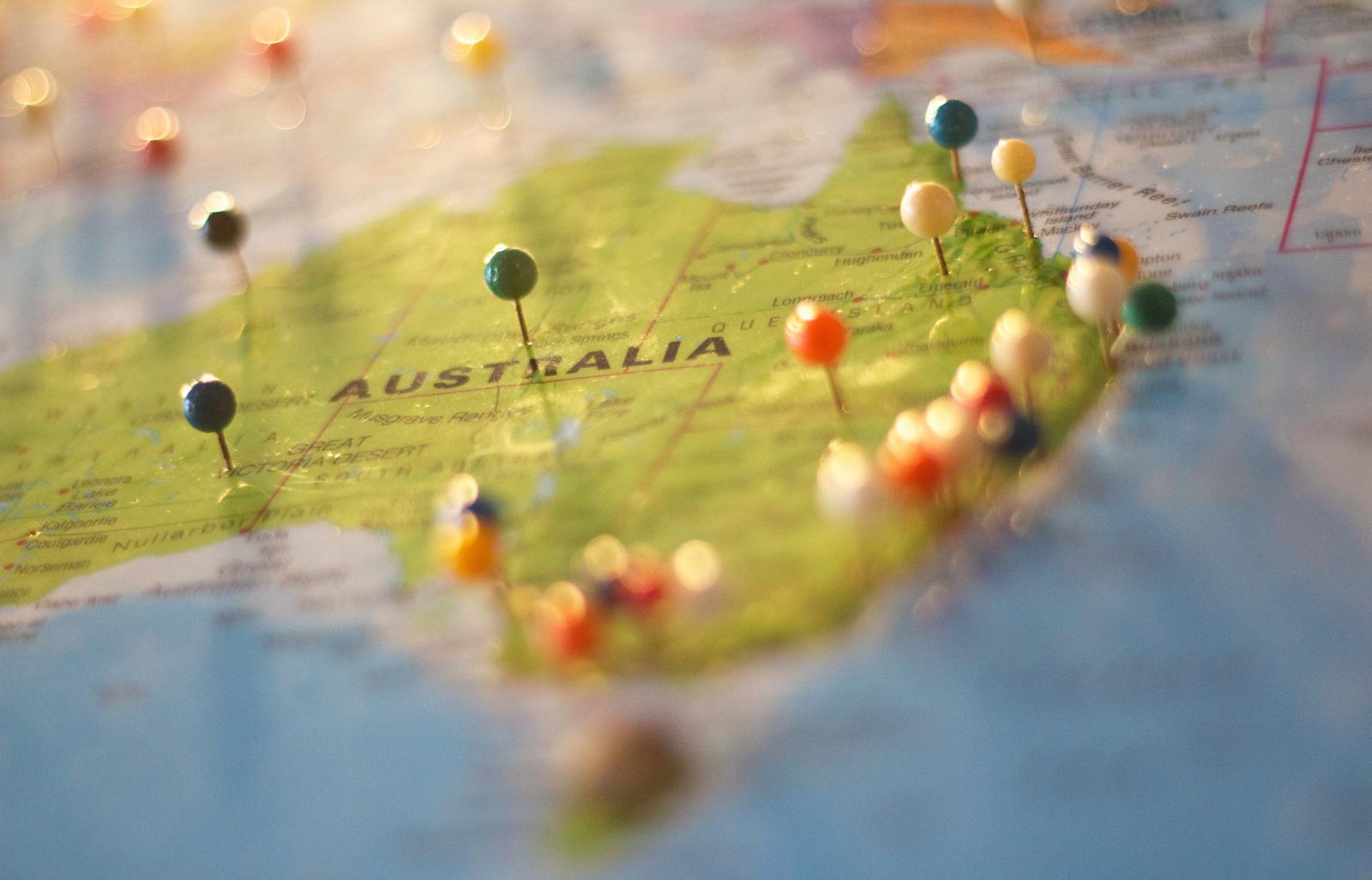
Trade analysts unearthed more detail on Australian government websites saying the agreement will allow Australian farmers an immediate tariff rate quota for beef and sheep meat, and that tariffs will be eliminated after 10 years. Beyond that, a tariff ‘safeguard’ would apply for five years before all tariffs will be eliminated completely.
Sugar tariffs will be eliminated completely after eight years, with no safeguards, and tariffs on dairy will go after five.
One former Australia trade negotiator described getting rid of all tariffs and quotas as an ‘unprecedented result’ and 'as good as you could possibly get’ for the Australian negotiators.
Kath Dalmeny, chief executive of Sustain said:
"Signing a trade deal with Australia that eliminates tariffs on cheap, low-standard meat imports will mean the UK government breaks its own manifesto commitment to protect British food standards. It will ignore the more than two million people who signed petitions on this issue and the recommendations of its own trade commission. Multiple surveys show the public don’t want low standard food, especially those on low incomes who have less freedom of choice. The Government is sacrificing British food and farming standards that the public hold dear."
The list of claimed benefits of the deal issued by the UK's Department for International Trade claims that Australia shares the UK’s belief in high standards for animal welfare and the environment. They go on to claim the deal will uphold those high standards and foster collaboration on issues such as unfair trading and climate change.
Vicki Hird, head of sustainable farming at Sustain commented:
“This is a massive own goal for the UK Government. The Prime Minister claims the Australia deal will be good for British farmers, but we don’t see any benefits. British farmers face being put out of business by low-standard, low-welfare produce from Australia, and if they drop their own standards to compete they’ll lose their access to the EU market, which takes 60 per cent of British produce. It’s a bitter pill for British farmers to swallow, that will not be sweetened by more Australian biscuits."
“The Government say Australia shares our high standards, yet Australia permits the use of hormones and antibiotics as growth promoters in animal farming, as well as many more pesticides than British farmers are permitted to use."
“Australia also has an abysmal record on deforesting to make way for agriculture and on tackling climate change. Australians interested in tackling climate change are disappointed that the UK has not taken a much stronger stance, and so are we. We hope MPs will act on behalf of all of us and tell the government this deal is not good enough.”
Commenting on the difference between animal welfare standards in the UK and Australia, James West, Senior Policy Manager at Compassion in World Farming (a member of Sustain) said:
“Ministers claim that Australia is a like-minded trading nation, but they have an incredibly poor record on animal welfare. Their farm system permits practices that have long been banned in the UK, such as using battery cages for laying hens and restrictive sow stalls. They have no federal laws on animal welfare and painful practices such as de-horning, castration and branding are all permitted without pain relief. The UK government should not be offering preferential trade deals to countries that treat animals in a way that would be unacceptable to the British public.”
Ruth Westcott, climate and nature emergency coordinator at Sustain said;
"We have less than a decade to prevent a climate and ecological emergency. Our government’s job now is to take the big decisions that will make it easier to have a climate-friendly diet, which means phasing out factory farming and supporting pasture-raised, free range and higher welfare producers.
The government has chosen a deal which is a setback in our efforts to reverse climate change. Removing trade tariffs will likely increase UK consumption of beef overall at a time when we must cut down. Australian beef and lamb has a higher climate footprint than our own thanks to their high-grain diet, so importing more of it from the other side of the world during a climate emergency is nonsensical. The deal risks Boris Johnson’s credibility as a global leader in the year that Glasgow hosts COP26 but more importantly it risks accelerating the biggest threat modern humans have ever faced."
A briefing on the potential impact on food and farming of the Australia trade deal is here.
A briefing on the differences in animal welfare standards between the UK and Australia is here.
Published Tuesday 15 June 2021
Good Food Trade Campaign: Campaigning for good trade that benefits people and the planet at home and overseas.
